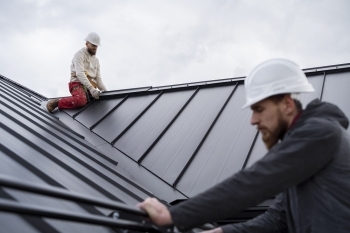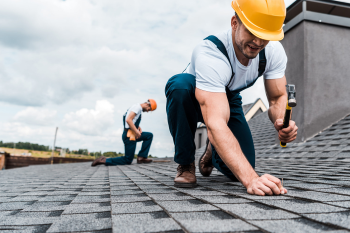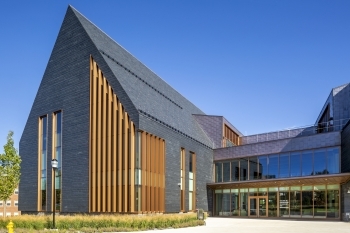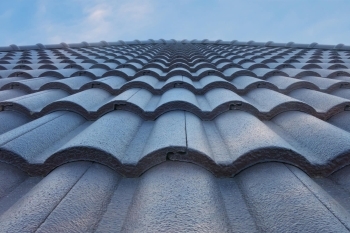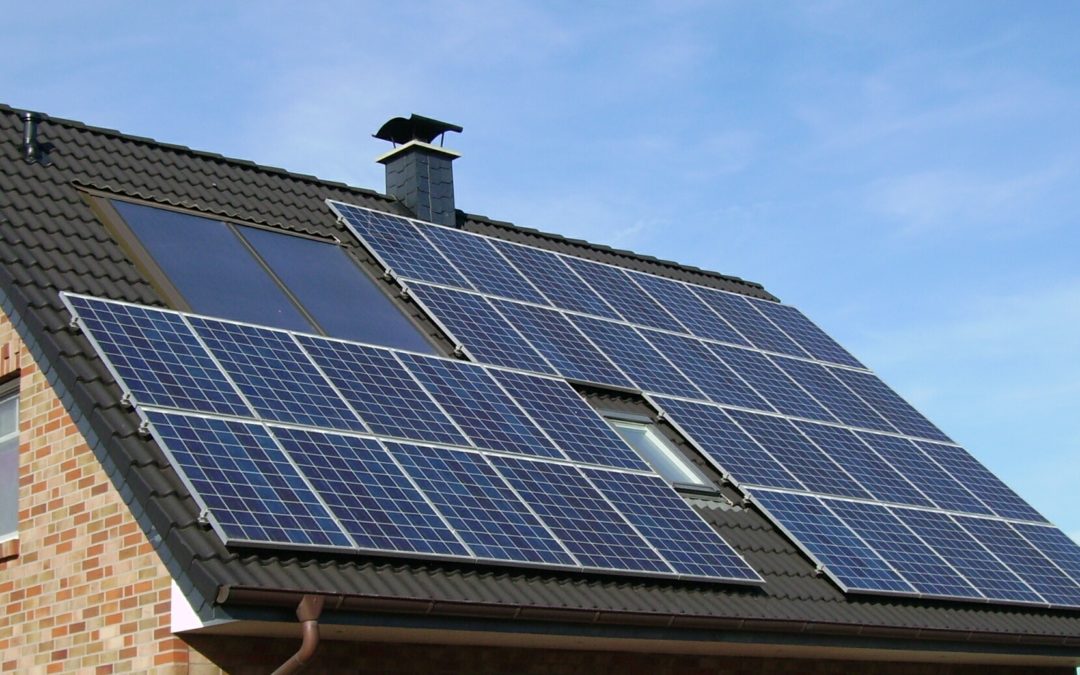
The Role of Insulation in Energy-Efficient Roofing Systems
In today's environmentally conscious world, energy efficiency has become a top priority for homeowners and businesses alike. Energy-efficient roofing systems play a crucial role in reducing energy consumption, lowering utility bills, and minimizing a building's carbon footprint. One of the key elements in achieving energy efficiency is proper insulation. In this article, we'll explore the vital role of insulation in energy-efficient roofing systems and how it contributes to a more sustainable and cost-effective building.
Understanding Insulation in Roofing
Insulation acts as a barrier that prevents the transfer of heat between the interior and exterior of a building. In roofing systems, insulation is typically installed within the roof assembly, creating a thermal boundary that helps maintain a stable indoor temperature. The primary goal of insulation is to minimize heat flow, reducing the need for excessive heating or cooling, and consequently, conserving energy.
Benefits of Insulation in Energy-Efficient Roofing Systems
1. Reduced Energy Consumption
One of the most significant advantages of insulation in roofing is its ability to reduce energy consumption. During hot summer months, insulated roofs prevent excessive heat from entering the building, reducing the need for air conditioning. In colder seasons, insulation retains heat indoors, reducing the demand for heating systems. As a result, energy-efficient roofing systems with proper insulation significantly lower utility bills and save energy.
2. Enhanced Comfort and Indoor Air Quality
Properly insulated roofing systems contribute to a more comfortable indoor environment throughout the year. By regulating temperature fluctuations, insulation ensures a consistent and pleasant living or working space for occupants. Moreover, insulation also helps prevent drafts and condensation, improving indoor air quality and promoting a healthier environment.
3. Environmental Sustainability
Energy-efficient roofing systems with adequate insulation align with sustainable building practices. By reducing energy consumption, buildings with insulated roofs decrease greenhouse gas emissions associated with electricity generation. This eco-friendly approach supports environmental conservation efforts and contributes to a greener, more sustainable future.
4. Extended Roof Lifespan
Insulation also plays a role in protecting the roofing materials themselves. By minimizing extreme temperature fluctuations, insulation helps reduce the expansion and contraction of roofing materials, which can lead to premature wear and tear. As a result, a well-insulated roof tends to have a longer lifespan and requires less frequent repairs or replacements.
Choosing the Right Insulation Material
Selecting the appropriate insulation material is crucial for optimizing the energy efficiency of a roofing system. Common insulation materials used in roofing include:
- Fiberglass: Lightweight, cost-effective, and offers good thermal performance.
- Cellulose: Made from recycled materials, highly effective in reducing heat transfer.
- Spray Foam: Provides an airtight seal, excellent for filling gaps and irregular spaces.
- Polyisocyanurate (ISO): Rigid foam insulation with high thermal resistance, suitable for both residential and commercial roofs.
Consult with a roofing professional to determine the best insulation material for your specific roofing system and climate conditions.
Conclusion
Insulation is a critical component of energy-efficient roofing systems that provides numerous benefits, from reducing energy consumption and utility costs to promoting environmental sustainability. Investing in proper insulation helps create a comfortable and eco-friendly living or working environment while extending the lifespan of the roof. For property owners seeking to enhance energy efficiency and minimize their environmental impact, a well-insulated roofing system is an essential and cost-effective solution.

